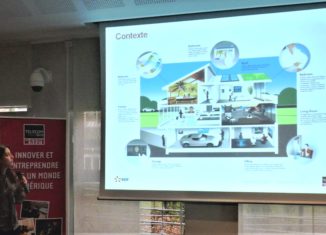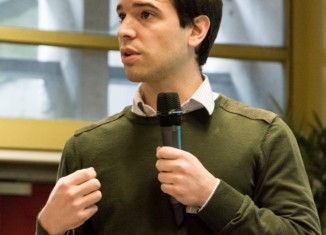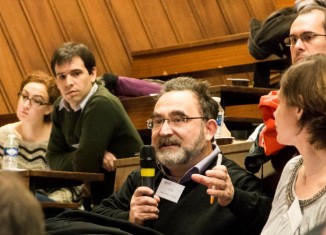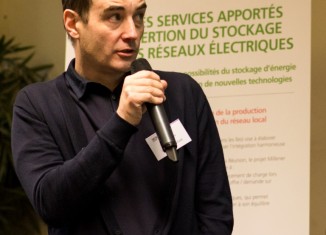Proc. of the ACM e-Energy Conference, Karlsruhe, Germany, June 2018.
DOI: 10.1145/3208903.3208937
Abstract: The limited capacity of distribution grids for hosting renewable generation is one of the main challenges towards the energy transition. Local energy markets, enabling direct exchange of energy between prosumers, help to integrate the growing number of residential photovoltaic panels by scheduling flexible demand for balancing renewable energy locally. Nevertheless, existing scheduling mechanisms do not take into account the phases to which households are connected, increasing network unbalance and favoring bigger voltage rises/drops and higher losses. In this paper, we reduce network unbalance by leveraging market transactions information to dynamically allocate houses to phases using solid state switches. We propose cost effective mechanisms for the selection of households to switch and for their optimal allocation to phases. Using load flow analysis we show that only 6% of houses in our case studies need to be equipped with dynamic switches to counteract the negative impact of local energy markets while maintaining all the benefits. Combining local energy markets and dynamic phase switching we improve both overall load balancing and network unbalance, effectively augmenting DER hosting capacity of distribution grids.







